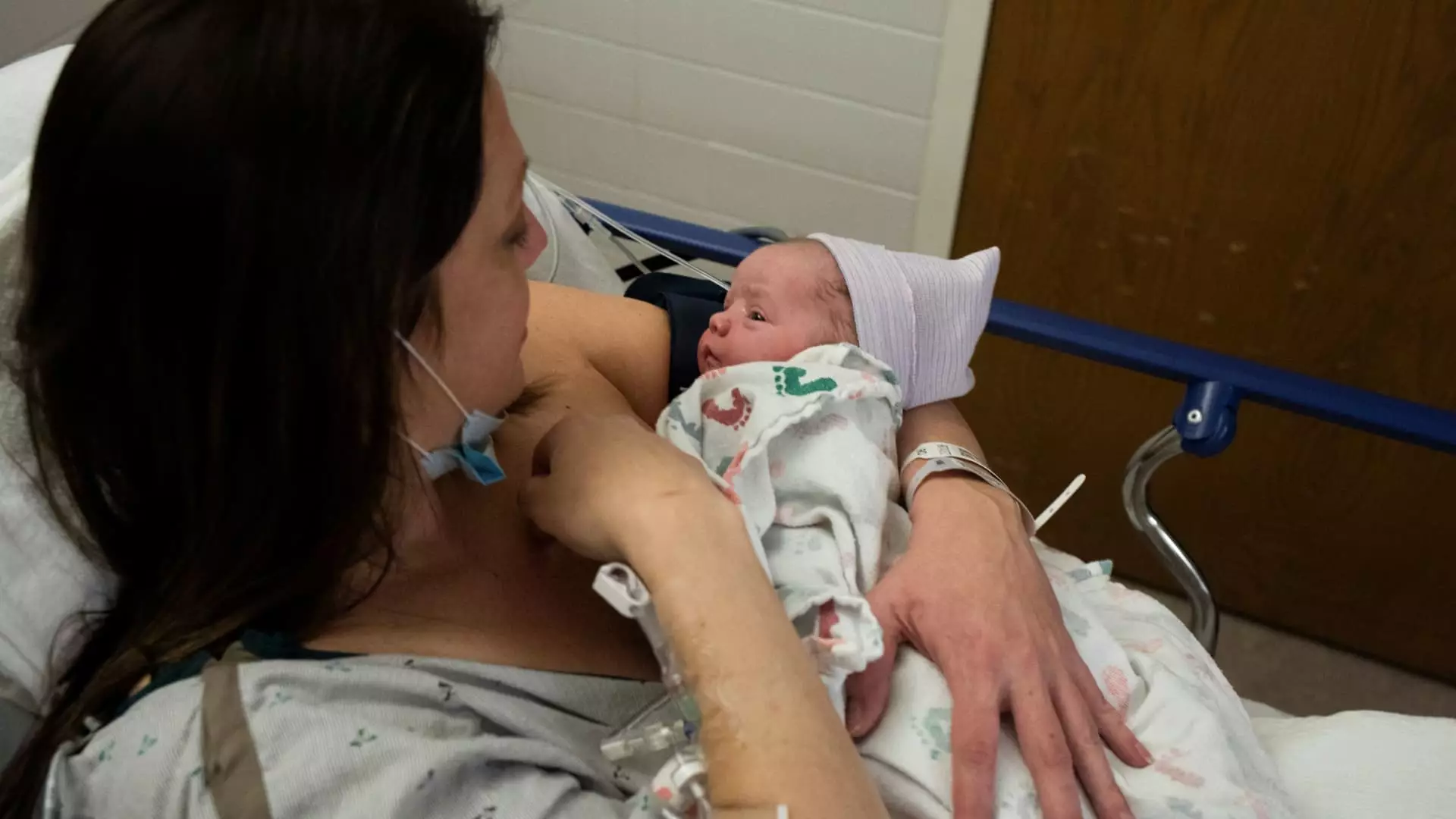In recent years, a disturbing trend has emerged in the United States: a significant drop in the fertility rate. With an average of merely 1.6 births per woman, we find ourselves far beneath the replacement level of 2.1 births, essential for maintaining steady population growth. Experts are sounding the alarm about the impending consequences of this trend, as a declining population could impact not just our economy but the very structure of society itself. Melissa Kearney, an economics professor at the University of Maryland, points out the urgency of this issue, declaring that we may soon confront a demographic decline with far-reaching ramifications. What is arguably even more concerning than the low birth rate is the lack of substantive action to address the underlying causes.
Unraveling the Economic Impact
The implications of a falling birth rate extend beyond mere numbers; they ripple through our economy and social safety nets. Social Security and Medicare programs, which rely heavily on a robust working population to support an aging demographic, could face severe strain as fewer young individuals enter the workforce. Brad Wilcox, a sociology professor at the University of Virginia, succinctly encapsulates the dilemma: declining fertility correlates with a decline in economic vitality, potentially leading to fewer funds available for essential services and programs. This situation creates a paradox in which economic incentives may be introduced, but their effectiveness remains highly questionable.
Lawmakers have been scrambling to find solutions, and while various financial incentives—such as expanded child tax credits and one-time payments for newborns—have been proposed, one must ask: are we merely scratching the surface? The evidence suggests that these initiatives might not address the deeper societal issues that shape decisions about parenthood. Kearney emphasizes that raising a child is not merely a financial commitment; it necessitates years of emotional, personal, and social investment. These incentives appear inadequate to sway a generation that prioritizes personal and professional growth over traditional notions of family.
Psyche of the Modern Parent
The fertility decline in the U.S. is not solely a matter of financial calculus; a pervasive cultural shift seems to be at play. Today’s young adults increasingly view career aspirations and educational achievements as paramount, often placing parenthood on the back burner. This sentiment complicates policy responses and calls for deeper introspection into what drives this cultural transformation. It’s telling that even a dramatic economic rebound post-recession failed to rejuvenate birth rates, challenging long-held assumptions about the relationship between economic conditions and reproductive decisions. What is happening here? Experts like Karen Guzzo of the University of North Carolina have noted that this anomaly has prompted a reevaluation of trends spanning global demographics.
The choices that individuals make today reflect a broader mentality focused on self-fulfillment and individualism. It begs the question: Have our societal values shifted such that we now prioritize financial stability and career accomplishment above the life-altering commitment of parenthood? Wilcox’s assertion that young adults are increasingly placing economic aspirations over familial ones paints a disheartening picture of the future.
Beyond Monetary Incentives: A Call for Cultural Reflection
Navigating the complexity of this fertility crisis requires more than appealing to wallets; it calls for a reassessment of our societal norms regarding family and success. The challenge lies not in merely throwing money at the problem but in inspiring a cultural renaissance that respects personal ambitions while valuing the essence of parenthood. Economic instability certainly plays a role, but the phenomenon runs deeper, rooted in the evolving definitions of fulfillment and success in our contemporary society.
As a nation, we need to foster environments that nourish both career aspirations and the idea of family. Without engaging in a more profound discourse about the essence of parenthood—and more importantly, what it means to raise a family in today’s fast-paced world—we risk becoming trapped in a cycle of decline. It is time for progressive discourse on family policies that genuinely resonate with today’s youth, policies that acknowledge and embrace both the challenges and the joys of parenthood. Our response shouldn’t only be reactive to declining birth rates but proactively seek ways to celebrate and support families and children in a way that feels relevant to a future-oriented generation.

